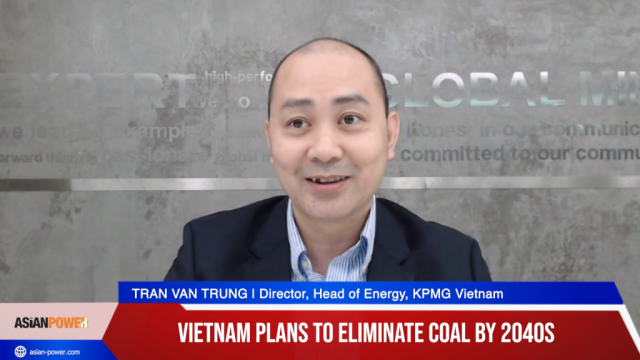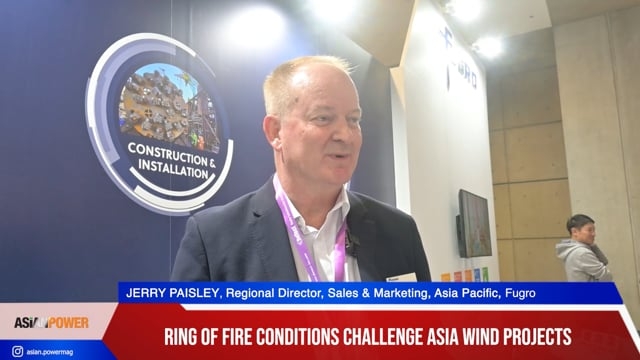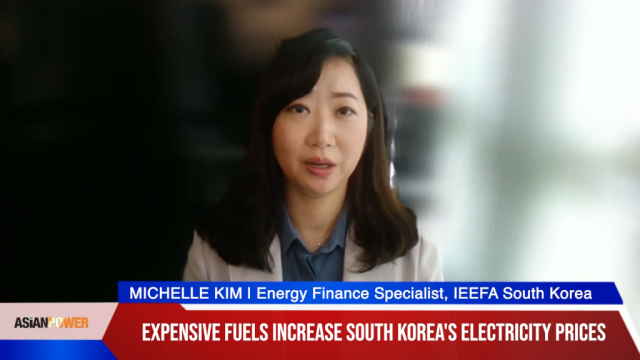Hosono sees bigger govt role in Japan nuclear power
The government should play a bigger part in managing Japan's nuclear power industry , its
role currently being questioned following the Fukushima radiation crisis, Environment
Minister Goshi Hosono said on Thursday.
Japan, currently facing a power crunch with only two of its 54 nuclear reactors currently
in operation since the March Fukushima disaster, should also make safety a top priority and
operate only the minimum number of atomic reactors necessary, Hosono told a group of
reporters.
"The first step towards more government involvement in the nuclear industry is turning
steps required towards handling severe nuclear accidents into law and requiring utilities
to adhere to them," Hosono said.
How Japan's power utilities operated nuclear reactors has been questioned heavily after a
powerful tsunami and earthquake last March devastated the Fukushima Daiichi atomic power
plant, 240 km (150 miles) northeast of Tokyo and triggered the worst radiation crisis since
the Chernobyl disaster in 1986.
Tokyo Electric Power (Tepco), the utility operating the Fukushima Daiichi plant, has been
swamped with huge clean-up, compensation and decommissioning costs, leaving it in need of a
massive public fund injection.
Japan is currently prodding Tepco to accept more government involvement in the firm in
return for the cash bailout.
But Hosono said nationalisation of nuclear power would not automatically make conditions
safe.
"Nationalisation is not a shortcut towards safety. No matter how much we tighten
regulation, safety won't be attained unless the people on the ground remain innovative and
persistently strive to maintain standards," Hosono said.
Hosono, who will also be overseeing Japan's new nuclear watchdog that begins operations in
spring, said the government was also likely to deepen its involvement in other nuclear
issues such as the processing of plutonium and enriched uranium.
POWER CRUNCH
Japan faces a potential power crunch in the summer, when demand for electricity
traditionally soars, as public concern after Fukushima has prevented the quick restart of
nuclear reactors shut down for routine maintenance. All of Japan's 54 nuclear reactors will
be offline by April unless some are restarted .
The government is applying what it views as stringent stress tests on its nuclear plants
which must be passed before a plant can resume output.
Keen to avoid an economically disruptive power crunch, the government has been conducting
the tests to prove their safety, although local governments hosting the plants have
demanded further tests that take into consideration data from the Fukushima disaster.
Hosono said like many other countries Japan was still in a development stage towards
reinforcing the way it managed risk, steps that included the stress tests.
"When considering this, the most powerful argument likely to convince local governments is
that severe accidents will not occur even if a disaster equalling Fukushima was to strike,"
he said.
"We are already attempting to explain, but it appears that we have not been able to fully
convince the local governments so far."
After the first round of stress tests Japan's reactors still need to undergo a second-stage
test to satisfy a broader set of criteria.
"I think Japan will not, and should not, sacrifice the safety of nuclear power to ensure a
stable source of electricity," Hosono said.
"Our stance needs to be that we will only allow the minimum amount of nuclear reactors to
operate under the extremely strict guidelines."
The minister added that Japan would be able to adopt renewable energy efficiently and
within a short span of time when society realised the need for such sources of power.























 Advertise
Advertise








